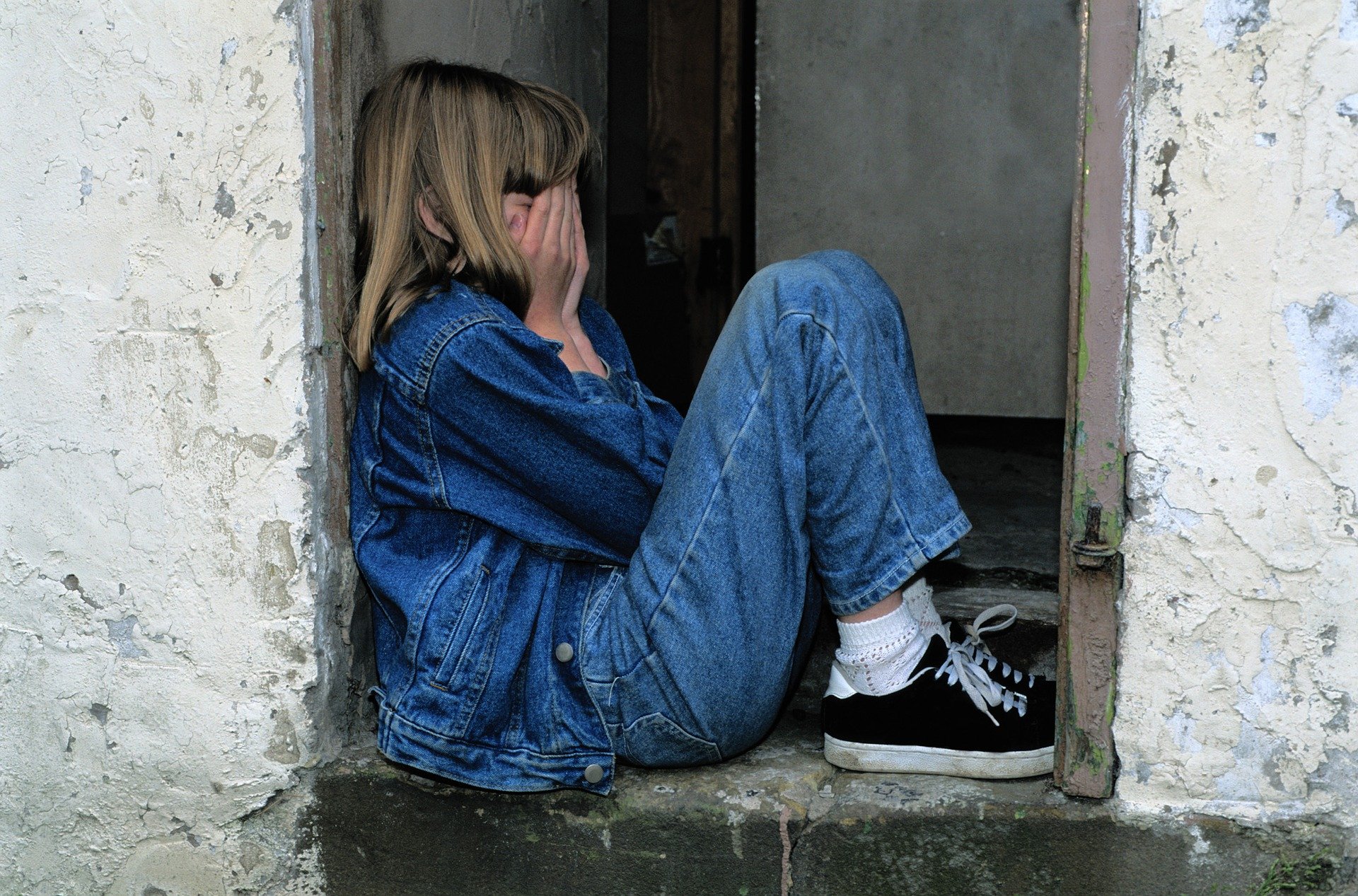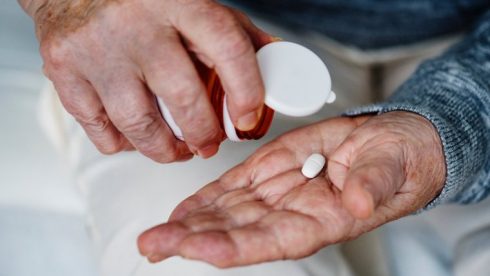A STUDY has revealed that the number of cases of depression among children in the Balearic Islands has skyrocketed as a result of the coronavirus pandemic.
The Balearic Health Service warned of an increase in severe depressive cases in those under the age of 18-years-old.
They indicated that in the last year, there has been an upward trend in extreme mental health conditions and admissions, as well as suicide attempts and suicidal behaviours.
This has been attributed to the negative impact of the health crisis with youngsters now ‘carrying their family’s sadness’ which brings on an evident feeling of despair for the future.
Mental health coordinator, Oriol Lafau, explained that in many of the cases examined since Spain’s state of alarm was enforced in March of last year, a higher level of hopelessness was experienced.
“In these cases, a child will tend to stop sleeping, sometimes even eating and, above all, has difficulty experiencing enjoyment in everyday things like going outside for a walk.
“Ultimately, they feel like their life is not worth it,” said Lafau.
According to the Balearic Health Service, for each successful suicide, up to 20 attempts are usually made and therefore, there is ‘real value in knowing the signs of when someone is in an severe depressive state’.
For this reason, they are working on a ‘Prevention of Suicidal Behaviour Plan’ which will be rolled out by the Balearic government this year.
This is the first campaign of its kind in the Balearic Islands where more than 50 mental health experts have worked together to establish a list of preventive measures.
Last year, a financial report revealed that those under the age of 35-years-old had suffered the most in the COVID-19 crisis.
The bleak analysis by Spanish bank BBVA said that ‘the health crisis had hit the region tremendously hard’, with ‘young adults suffering considerably as a result’.
In fact, the Balearics were among the worst impacted by the COVID-19 pandemic in Spain, ranking the highest for unemployment in the entire country with its GDP also falling by a historic 40.5% in the second quarter of 2020.
Click here to read more Mallorca News from The Olive Press.








